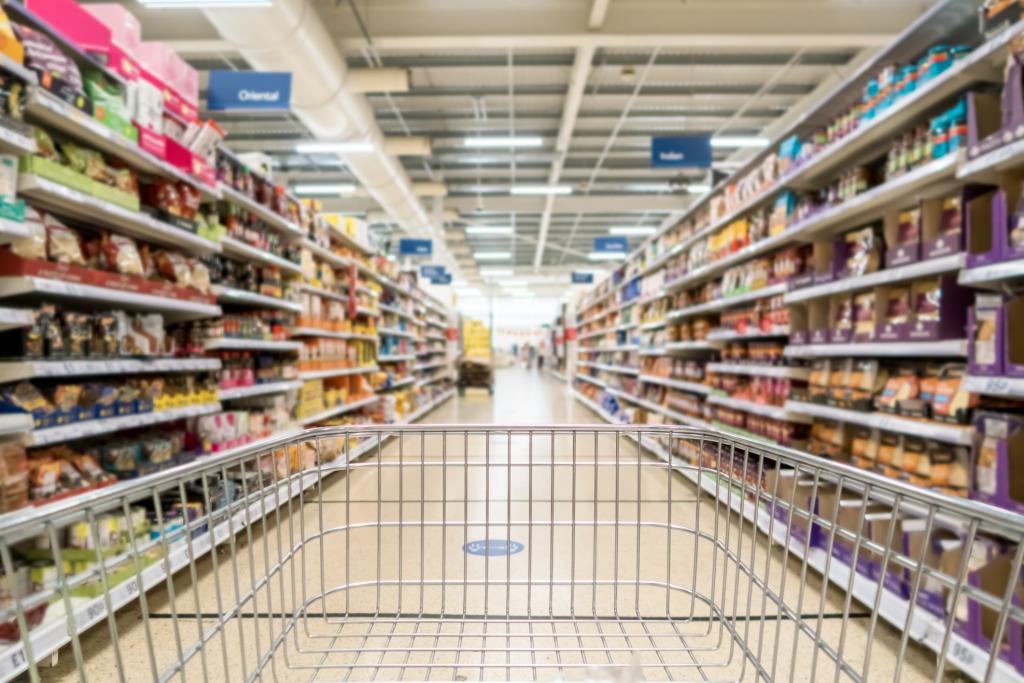
The cost-of-living crisis has affected many families in the UK since 2021, and this is no different with the food and drink industry, which has been one of the hardest hit.
The impact on the food and drink industry
You may have seen that Greggs recently announced a £17.6m bonus pot that it will share with thousands of its employees this month (March 2024) under a profit share agreement. With their record-breaking year of 220 stores opened in 2023 and pre-tax profits lifting 13.1%, does this mean the sector is on the rise?
On the face of it, this would seem to suggest that the food and drink industry is generally on the upturn after experiencing some very tough years following the Covid pandemic and the impact of Brexit. However, at the same time, Greggs also announced that there are no plans to increase its prices this year (2024), noting that consumers are still under pressure with the cost-of-living crisis.
This is a real acknowledgment by a big player in the industry, demonstrating how the cost-of-living crisis is still very much present in the UK and highlights that this issue is not going away any time soon.
This seems to be supported by the recent reports from the Office for National Statistics which confirms that although the rate at which food prices are rising has slowed, they remain high.
“The overall price of food and non-alcoholic beverages rose around 25% between January 2022 and January 2024. In the 10 years prior to this, overall food and non-alcoholic beverage prices rose by 9%.
Prices in restaurants and cafes rose by 8.2% in the year to January 2024, up from 7.7% in the year to December 2023.”
What impact will the spring budget have?
The Spring Budget was an opportunity for the Government to provide some much-needed support to the industry and help families grapple with this ongoing crisis.
Greggs CEO, Roisin Currie, spoke out ahead of the spring budget, calling on Chancellor Jeremy Hunt, “to help cash-strapped shoppers” by putting “money in consumer pockets”.
In the upcoming days, the Chancellor introduced cuts to National Insurance and a freeze on alcohol duty. While many welcomed the extended freeze until August, which would have increased by 3%, it begs the question, do these changes go far enough to genuinely support struggling food and drink businesses across the UK?
Time will only tell if this announcement leads families to once again reach into their pockets, supporting these businesses across the country.
